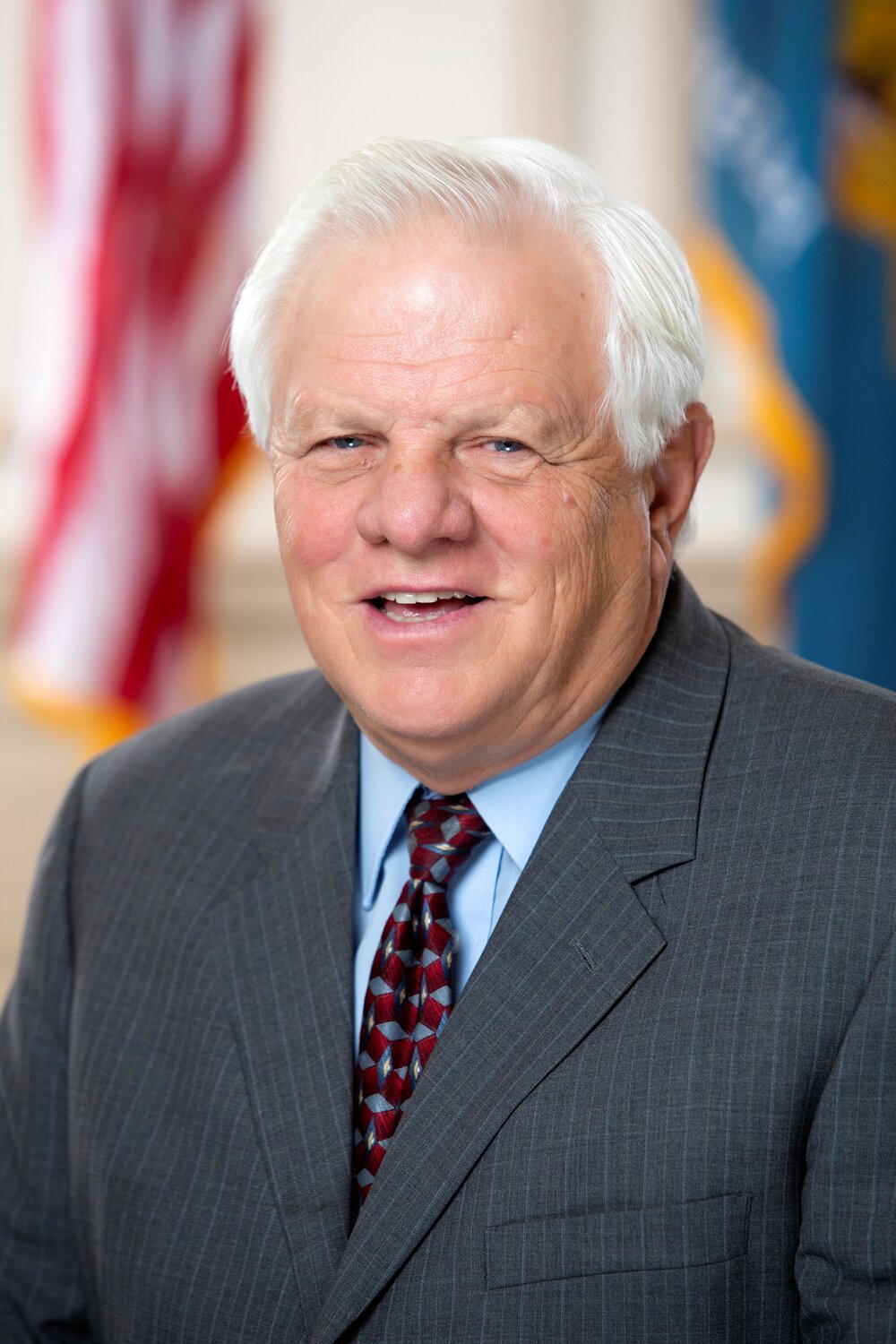Delaware Supreme Court reverses stricken voting laws
Early, absentee methods are back in place for 2024 elections
The Delaware Supreme Court on Friday unanimously reversed a Feb. 23 Superior Court ruling that struck down early and absentee voting laws.

You must be a member to read this story.
Join our family of readers for as little as $5 per month and support local, unbiased journalism.
Already a member? Log in to continue. Otherwise, follow the link below to join.
Please log in to continue |
Delaware Supreme Court reverses stricken voting laws
Early, absentee methods are back in place for 2024 elections
WILMINGTON — The Delaware Supreme Court on Friday unanimously reversed a Feb. 23 Superior Court ruling that struck down early and absentee voting laws.
It follows an appeal brought by the state and Attorney General Kathy Jennings after a lawsuit filed by elections inspector Michael Mennella and Senate Minority Leader Gerald Hocker, R-Ocean View — which challenged the constitutionality of the policies — was affirmed by Superior Court.
In that Superior Court decision, the judges ruled that, while the spirit of the early- and absentee-voting laws was not what was being ruled on, the General Assembly’s passage of them was not in line with the Delaware Constitution.
In Friday’s ruling, Justice Gary F. Traynor determined that both plaintiffs lacked proper legal standing to challenge the policies, which led the body to not reach the merits of their state constitutional claims.
“Because we conclude that the plaintiffs have not met their burden of establishing imminent or particularized harm — crucial standing elements — our answer to the question is dispositive,” Justice Traynor wrote. “For the reasons that follow, we have concluded that neither of the plaintiffs has standing and therefore reverse the judgment of the Superior Court.”
The reversal came by a 5-0 vote of the Supreme Court justices. It effectively restores the Department of Elections’ ability to conduct early and absentee ballot voting for all primary, general and special elections in 2024.
In the earlier Superior Court ruling, Judge Mark Conner ruled that the state constitution only provides one day for general elections, “not any day or series of days the General Assembly sees fit.”
He also wrote that the absentee law contradicts the Delaware Constitution because such policies are provided for individuals “who shall be unable to appear to cast his or her ballot at any general election” and are not indefinite.
But the Supreme Court determined that Mr. Mennella’s argument of standing as an elections inspector, Sen. Hocker’s argument as a political candidate and both men’s roles as individual voters dictate “that we should not address the plaintiffs’ substantive constitutional arguments.”
In 2022, the Court of Chancery struck down voting-by-mail and same-day voter registration laws in a case filed in part by Michael Higgin, a candidate for the 15th District in Delaware’s House of Representatives.
The decision concluded that an “extra-constitutional statute” could put the candidate at risk of defeat, since Mr. Higgin could provide standing as an active candidate in 2022.
With that ruling in mind, the Supreme Court noted that Sen. Hocker was elected in 2022 for a term to expire in 2026. Due to this, the high court ruled in disagreement that the Senate Republican leader has standing as an active candidate.
In the 2022 election, 56,000 Delawareans used early voting, according to the Department of Justice, and roughly 21,000 — including veterans, disabled individuals and caregivers — used permanent absentee voting.
“Enough of these thinly-veiled partisan attempts to suppress votes — especially of our most vulnerable citizens,” Attorney General Jennings said in a statement Friday.
“Whether you voted for me or not, this is your most fundamental right, and I promised never to stop fighting for it. I’m grateful to the Court for its ruling and for agreeing to hear this case on an expedited basis so that Delawareans know their rights going into the September and November elections.”
Following the decision, House Minority Whip Lyndon Yearick, R-Magnolia, pushed back on the court’s lack of stance on the constitutionality aspect of the early- and absentee-voting policies, and reiterated support for outstanding legislation to implement early voting.
“The High Court sidestepped the core question of constitutionality by throwing out the lower court’s ruling on ‘standing,’” Rep. Yearick said in a statement. “As the justices explained, ‘standing’ simply determines who can bring a legal challenge, not the merits of the case. This is frustrating because the constitutionality issue was our sole concern.
“We support early voting. In fact, immediately after the Superior Court issued its decision in late February, I introduced House Bill 320 to swiftly restore it. (Sen. Hocker), a plaintiff in this case, was also a prime sponsor of HB 320. However, the Democrat-controlled House Administration Committee stalled the bill for nearly four months without a hearing.”
Rep. Yearick’s first leg of a constitutional amendment to reinstate early voting has indeed not received consideration since being introduced March 5.
Meanwhile, the first leg of a constitutional amendment to reinstate absentee voting — which passed the Senate in May 2023 — narrowly failed in the House on June 13 of this year.
During those bills’ discussions, Republican lawmakers reiterated their disappointment that both measures originally became law without the typical amendment process and stressed their preference to let the expedited court decision play out.
Such amendments require two-thirds support from consecutive General Assemblies to become law.
Sunday is the final day of the 2024 legislative session, but as of Friday, neither bill is scheduled for consideration that day.





 By
By 




